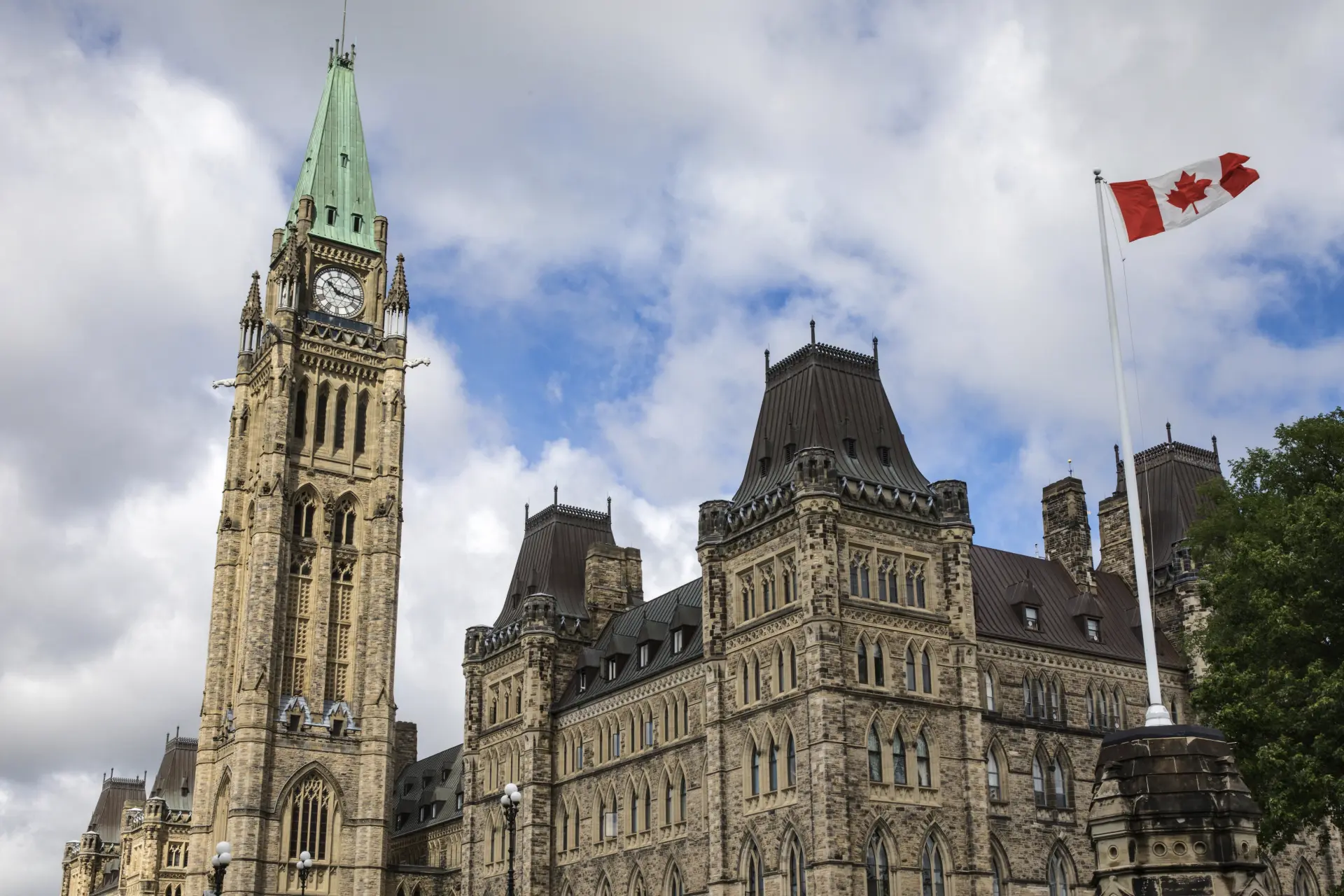Government of Canada Publishes Final Clean Fuel Regulations

Yesterday, July 6th, the final version of the federal Clean Fuel Regulations and the Regulatory Impact Analysis Statement were published in Canada Gazette, Part II (CG II). The Regulations are made under the Fuels Division in Part 7 of the Canadian Environmental Protection Act, 1999.
The Regulations increase incentives for the development and adoption of clean fuels, technologies and processes. The goal is to significantly reduce pollution by making fuels cleaner over time. The Regulations require liquid fossil fuel (gasoline and diesel) suppliers to gradually reduce the carbon intensity – or the amount of pollution – from the fuels they produce and sell for use in Canada over time, leading to a decrease of approximately 15% (below 2016 levels) in the carbon intensity of gasoline and diesel used in Canada by 2030.
Specifically, the regulations require gasoline and diesel primary suppliers (i.e. producers and importers) to reduce the carbon intensity (CI) from 2016 CI levels by 3.5 grams of carbon dioxide equivalent per megajoule (gCO2e/MJ) in 2023, increasing to 14 gCO2e/MJ in 2030.
The regulations do not apply to gaseous or solid fuels, as was originally intended but was abandoned by the government in December 2020. Nor do the Regulations apply to kerosene, light fuel oil and heavy fuel oil, which were initially intended to be in scope.
Between 2022 and 2040, the cumulative GHG emission reductions attributable to the regulations are estimated at approximately 204 Mt CO2e. The societal costs are estimated at $30.7 billion due in large part to increased prices for gasoline and diesel – estimated at an additional 13 cents per litre by 2030. Therefore, the GHG emission reductions will be achieved at an estimated societal cost of about $151 per tonne, on average, between 2022 and 2040.
However, the regulations will also spur the production of clean fuels in Canada, incent the deployment of renewables and carbon capture utilization and storage to decarbonize upstream oil & gas activities, and reward the owners and operators of electric vehicle charging infrastructure.
The regulations will establish a credit market whereby the annual CI reduction requirement could be met via three main categories of credit-creating actions:
(1) actions that reduce the CI of the fossil fuel throughout its lifecycle (e.g. CCUS and hydrogen),
(2) supplying low-carbon fuels, and
(3) supplying fuel or energy to advanced vehicle technology.
Parties that are not primary suppliers would be able to participate in the credit market as voluntary credit creators by completing certain actions (e.g. low-carbon fuel producers and importers).
The following supporting documents have been published or will be published soon (ref: Compliance with the Clean Fuel Regulations - Canada.ca):
- Quantification Method Development Guidance Document
- Quantification Method for Low Carbon Intensity Electricity Integration
- Quantification Method for CO2 Capture and Permanent Storage (coming soon)
- Quantification Method for Enhanced Oil Recovery with CO2 Capture and Permanent Storage
- Generic Quantification Method (coming soon)
- Quantification Method for Co-processing in Refineries (coming soon)
- Methods for Verification and Certification
- Clean Fuel Regulations: Credit and Tracking System User Guide for Primary Suppliers, Registered Creators and Foreign Suppliers Version 1.1
- Specifications for Fuel LCA Model CI Calculations (coming soon)
- Clean Fuel Regulations Data Workbook (coming soon)
Due to the complexity of the regulations and the number of interested parties, the Low Carbon Fuels Division at Environment and Climate Change Canada will host a series of informational webinars, and credit mechanism training sessions over the coming months. The first, on July 20th from 12:30pm to 2:30pm EDT, will cover registration, the credit and tracking system, and timelines, reporting and records. Unfortunately, the full list of webinars does not appear to be online at present but your Sussex contact can supply it upon request.


